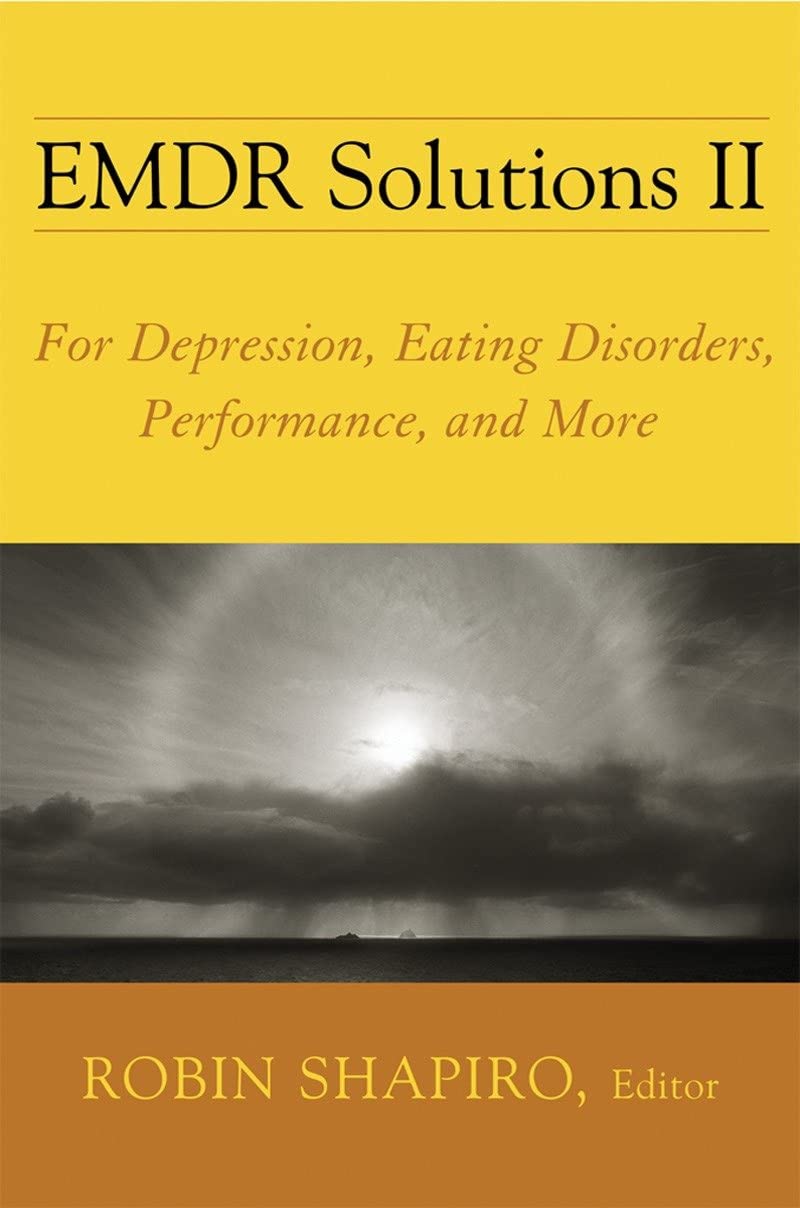Alexithymia, dissociation and emotional regulation in eating disorders: Evidence of improvement through specialized inpatient treatment
67 female eating disorder inpatients (anorexia nervosa, bulimia nervosa, binge eating disorder) were treated with EMDR and other methods.
Article Abstract
“The research into emotional regulation in eating disorders (EDs) has shown specific impairments and maladaptive coping strategies in patients, and there is an increasing interest in the role of the emotional domain in the treatment outcome. This study aims to evaluate the effect of a specialized inpatient treatment characterized by both an intensive and comprehensive standardized multidisciplinary programme based on cognitive–behavioural therapy and a flexible and personalized component implemented by third-wave interventions. A cohort of 67 female ED patients (anorexia nervosa = 28, bulimia nervosa = 28 and binge eating disorder = 11) underwent an evaluation of emotional regulation difficulties, alexithymia and dissociative symptomatology at admission to a specialized ED ward. The psychological modifications were subsequently re-evaluated upon discharge, after an inpatients treatment of 60 days, examining specific changes in the specific psychopathology. A significant improvement after specialized ED treatment was shown in alexithymia, emotional regulation difficulties and dissociation symptoms, with higher effect sizes in patients with higher alexithymia scores. As regards the specific effect of the psychological improvement, changes into alexithymia scores have shown specific correlations with ED psychopathology (p < 0.010) and with difficulties in emotional regulation (p < 0.010) in patients with higher alexithymia levels at admission. Emotional regulation and dissociation should therefore be evaluated in ED patients and may be improved with specific therapeutic approaches, while alexithymia remains a clinical trait, even with a significant reduction.”
—Description from publisher
Article Access
Open Access
Meneguzzo, P., Garolla, A., Bonello, E., & Todisco, P. (2021). Alexithymia, dissociation and emotional regulation in eating disorders: Evidence of improvement through specialized inpatient treatment. Clinical Psychology & Psychotherapy, 29(2), 718-724. Open access: https://doi.org/10.1002/cpp.2665
Date
January 8, 2025
Creator(s)
Paolo Meneguzzo, Alice Garolla, Elisa Bonello
Contributor(s)
Patrizia Todisco
Topics
Dissociation, Eating Disorders/Body Image, Emotion Regulation
Practice & Methods
Inpatient/Residential
Extent
7 pages
Publisher
Wiley
Rights
© 2021 The Authors. Clinical Psychology & Psychotherapy published by John Wiley & Sons Ltd. This is an open access article under the terms of the Creative Commons Attribution License, which permits use, distribution and reproduction in any medium, provided the original work is properly cited.
APA Citation
Meneguzzo, P., Garolla, A., Bonello, E., & Todisco, P. (2021). Alexithymia, dissociation and emotional regulation in eating disorders: Evidence of improvement through specialized inpatient treatment. Clinical Psychology & Psychotherapy, 29(2), 718-724. Open access: https://doi.org/10.1002/cpp.2665
Audience
EMDR Therapists, Other Mental Health Professionals
Language
English
Content Type
Article, Peer-Reviewed
Access Type
External Resource, Open Access





